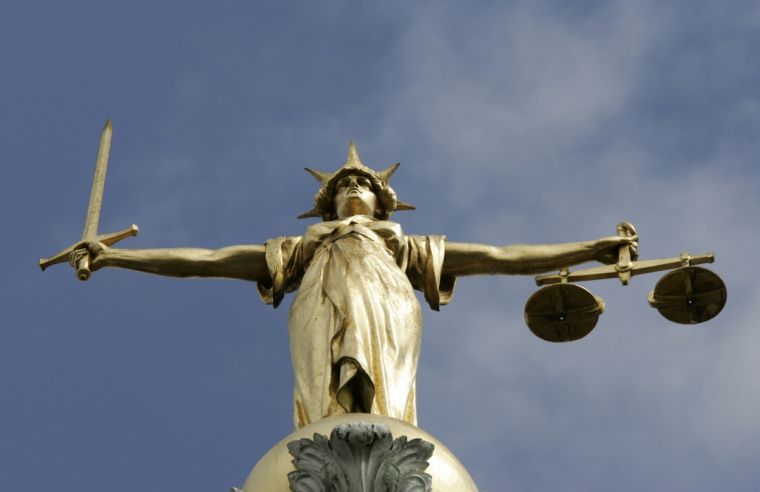Repealing the Human Rights Act: Why the government should just leave it alone

It's back: after hints that the Conservative government was rowing back on its manifesto promise to scrap the Human Rights Act (too difficult, not enough time) the new justice secretary Liz Truss has said it's definitely going to happen. There is too much pressure from grass-roots Conservatives for the party to quietly ditch it, and the Human Rights Act will, in due course, be replaced by a British Bill of Rights.
I'm a bit unhappy about this. Christians believe in human rights, should the Tories be scrapping them?
Many Christians, and others, would share your reservations. Among the guarantees of the act as it stands are the right to life, freedom from torture, freedom from slavery and forced labour, freedom of thought, belief and religion and the right to a fair trial.
So if the act is repealed the government will be able to torture us, imprison us and stop us going to church?
No, because it has promised to replace it with another act which guarantees exactly the same things as the old one.
I'm really confused now. What's the point of it, then?
A good question. There are two main problems in Conservative eyes. First, the act – passed under a Labour government but with all-party support – requires our own courts to "take account of" the decisions of the European Court of Human Rights. The ECHR – based in Strasbourg – cannot overrule UK courts, but many Conservatives believe it can, a view partly fed by UK judges being over-deferential to ECHR rulings. Second, it's Europe, and Europe is always an issue.
This is all a bit abstract, though. Why are they so worked up about it?
There have been several cases where British politicians – of both main parties – would have liked to do things but have been prevented by human rights law. For instance, Britain didn't want prisoners to get voting rights but Strasbourg said they should. Foreign nationals who've committed crimes in the UK can't be deported if they will face torture on their return. There have also been cases where they've acquired families here and used their right to a family life to avoid deportation.
But I thought these rulings weren't actually binding anyway?
Quite. And one way of looking at this whole thing is to say that the Conservatives have got themselves into a bit of a tangle about it. They know what their grass-roots supporters feel and they have to do something, but it's proving to be much more difficult than they thought and what they end up with may not be very different from what we already have.
So we don't need to worry about being forbidden from going to church?
Not really. But there's another question that's much more important, and that's whether Britain withdraws from the European Convention on Human Rights. We were one of the founders of this after the war, and the legal systems we are talking about were built on it. Withdrawing from it would send a signal to the rest of Europe – including Russia, for instance – that we just didn't care about human rights any more, and that would be terrible.
So that would be the time to man the barricades, rather than this Bill of Rights thing that still may not happen?
That would be the time to man the barricades.
Follow Mark Woods on Twitter: @RevMarkWoods











